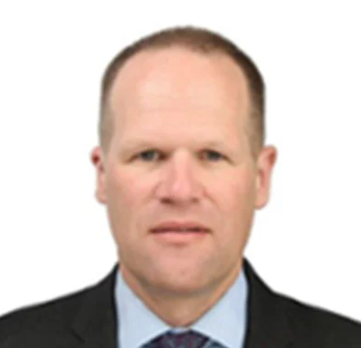
The US Treasury Deputy Assistant Secretary, Eric Meyer, disclosed this on Friday.
Meyer noted that the US is willing to make Nigeria’s financial system secure and safe.
He stated that his main interest is in finance, particularly as it is related to terrorism, adding that his office works to counter the financing of terrorism through money laundering and other avenues for corruption.
Meyer said, “We really engaged with our counterparts here and the Central Bank of Nigeria and the Ministry of Finance, Nigerian Financial Intelligent Unit on how to protect and safeguard Nigeria’s financial system, how to make sure that it is not being used and can not be used by illicit actors to support terrorism and other activities.
“We think this is very important in Nigeria. Nigeria has a robust banking system, one that is very important for your economy but also important for the region and has a link with the United States financial system. And we want that to be a safe and secure financial system going forward.”
On Nigeria’s technology sector, the US official stated, “Nigeria has a very robust financial technology industry and we are looking at how to make advances in using financial technology and we want to make sure that it also remains safe and secure.”
The Deputy Coordinator for the US Bureau of Counterterrorism, Gregory LoGerfo, said the bureau had spent $200 million since 2018 on counter-terrorism in the Sahel and the coast of West Africa.
“Our Bureau since 2018 has spent $200 million invested in the Sahel and the coast of West African governments to help them constrain terrorists’ facilitation of resources and fighters, conduct terrorism investigations and prosecutions, mitigate and respond to terrorism incidents and counter violent extremism.
“We have a regional approach and we have consulted with Nigerian officials on how we can integrate our efforts a little better with respect to the border,” LoGerfo, who led the team to Nigeria said.
On his part, the Acting Deputy Assistant Secretary, of the State Department International Narcotics and Law Enforcement Affairs Bureau, David Galbraith, noted that his bureau works with partners globally to fight crime, fight the trafficking of illicit drugs and improve civilian security.
Galbraith said, “Here in Nigeria, we have long-standing partnerships with a number of criminal justice sectors and institutions including the Nigeria Police Force and some of the high courts and magistrate’s courts in the country as well as the Nigerian Correctional Services.”





